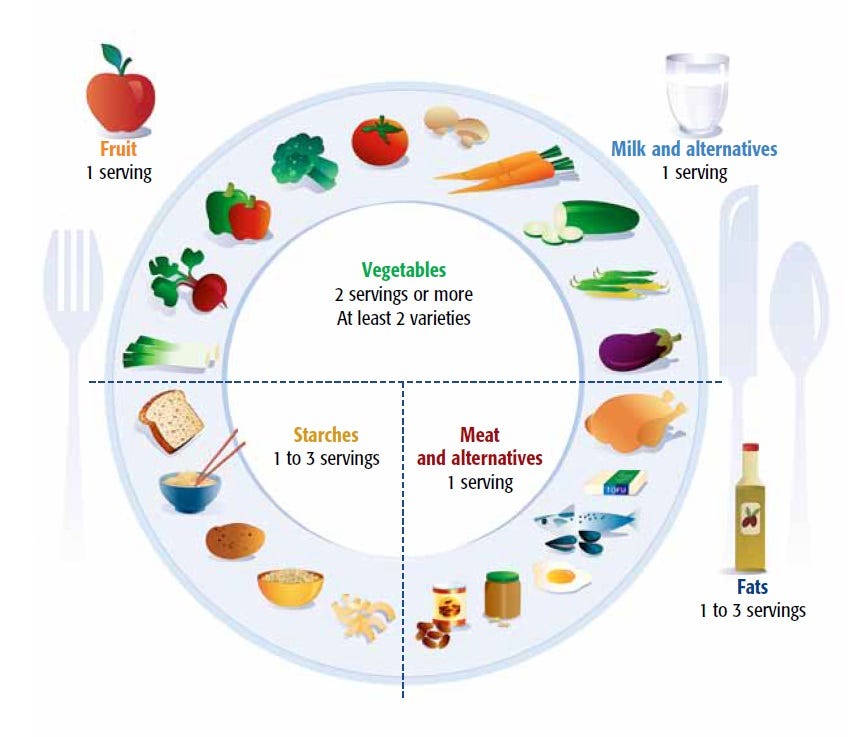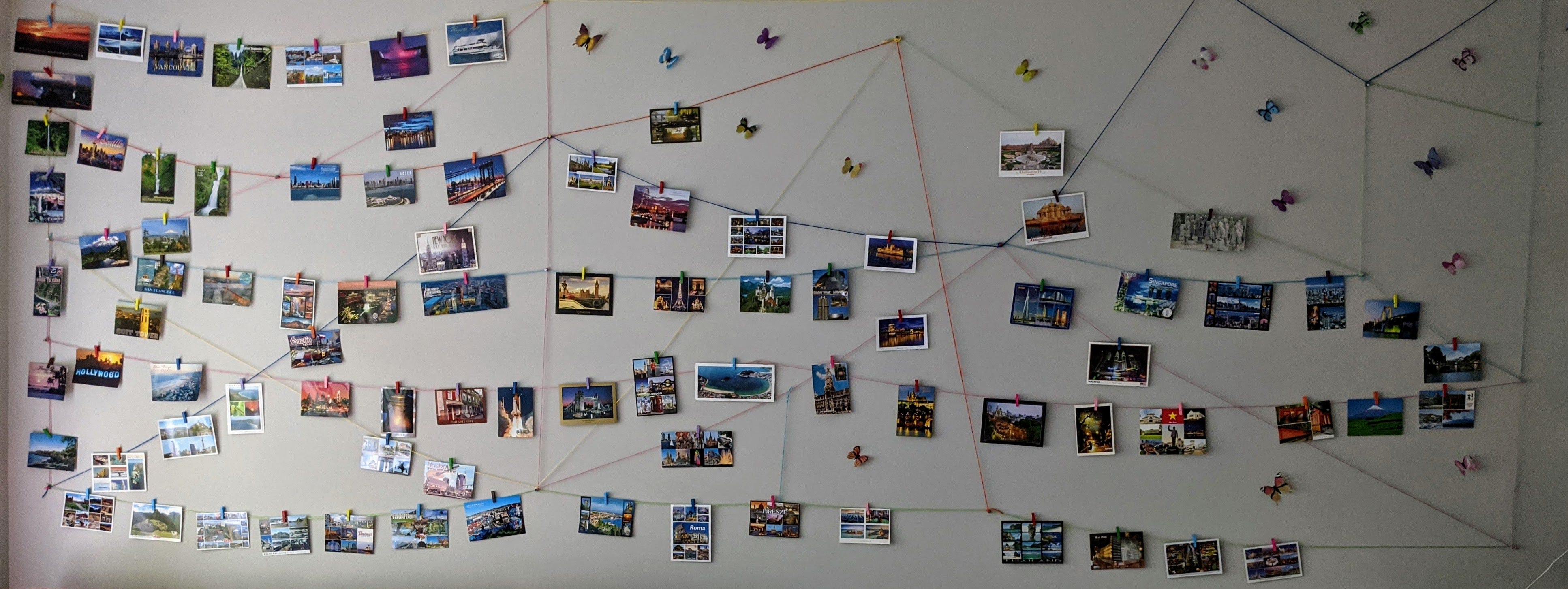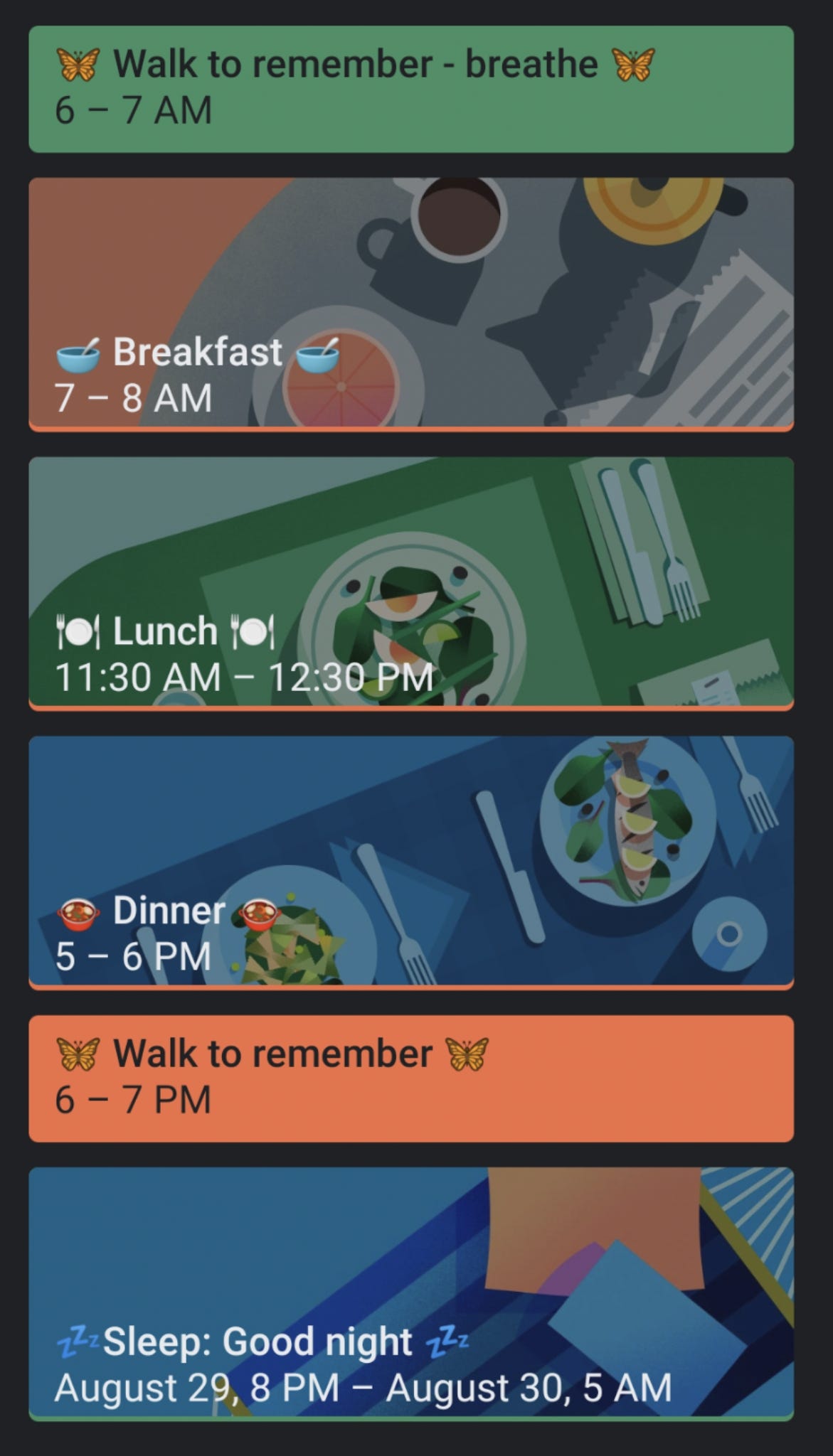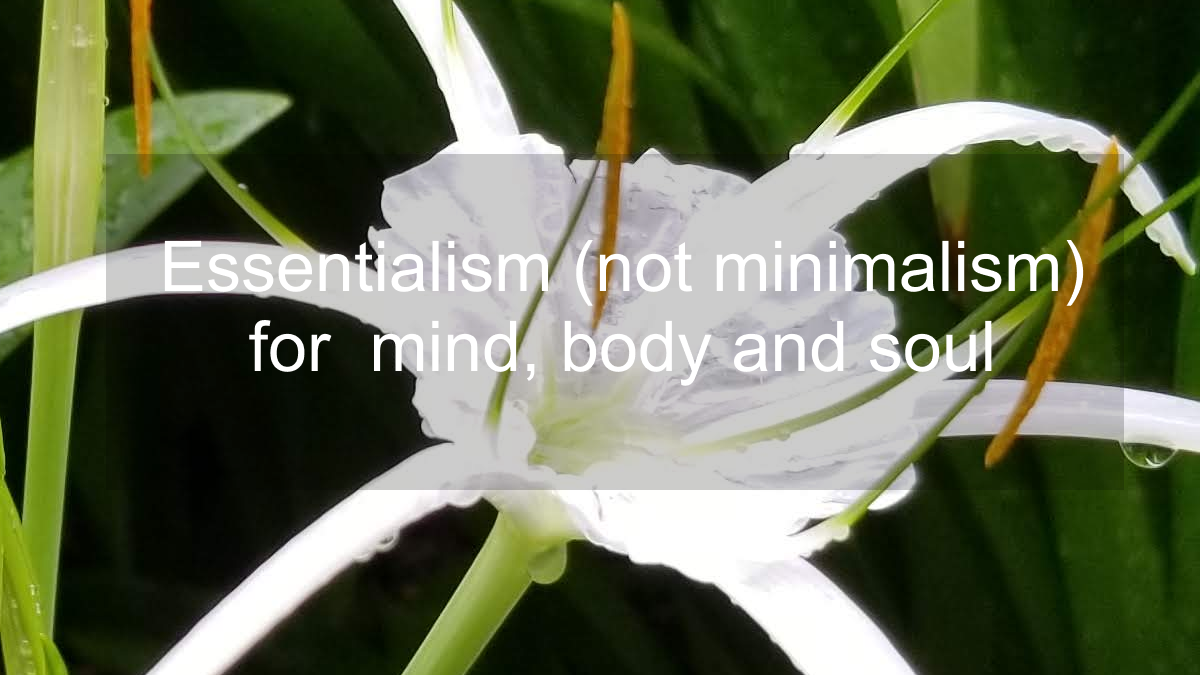We often measure our success by the amount of things that we have — the materialistic things. Our life is much more than that, it’s the cherished memories that we hold near and dear to our hearts.
I ventured into minimalism a year ago when I read about Marie Kondo and the magic of tidying up the space and transforming your life — no clutter.
Happiness is not the things that we have, so we decided to donate or trash the things that we haven’t used in a long time (3–6months). I knew this was going to be revolutionary because it was giving us the space and the time to do the things that we really care about.
It wasn’t just about the physical things: it was about making space for things, ideas and passions and being productive.
Essentialism Lifestyle: Is it for me?
When we moved from San Francisco to Raleigh NC (from a 2 bedroom to a 1 bedroom), we were meticulous and made sure we only took what we really needed. Our furniture and boxes didn’t arrive till 40 days(mover’s scam on the rise). I became creative in how I leveraged what I had. We were happy without all the things because we had just what we needed. It’s easy for us to spend on materialistic things and some say that’s why we make money, but let’s be careful on what we spend and we will be rich forever. Someday we hope to own only what we need and live an essential lifestyle in its true essence. Don’t worry! – our furniture is here now and we are not living on just boxes 😉
I probably started with essentialism but then after reading mindfulness books I found out that there was more to it.
Mindfulness: Mind, Body and Soul (Sleep, Nutrition, Exercise and Memory)
1. Sleep Rhythm
When I started on my journey of mindfulness, it started with being fully present and aware of what I’m doing and not just doing it because I always did it: from brushing my teeth in the morning to eating mindfully to having a sleep rhythm (8 p.m. – 5 a.m). Now I don’t need an alarm clock because I have found my sleep rhythm. I encourage you to find yours because once you do, then there is no need for an alarm clock to wake you up. A friend hearing my sleep schedule said I slept with the sunset and woke up for sunrise like our earlier generations before the light bulb was invented. Never thought of it that way. And No, I am not joining the 5am club, but it was tempting 🙂
2. Balanced Nutrition and Intermitted Fasting

Then I started paying attention to the science of eating: what, when and how I was eating. Intermittent fasting from 6pm to 8am gave my body the rhythm to rest and recuperate. that meant no ad-hoc snacking times for me anymore. We read about balanced nutrition and came across Dr Michael Greger’s nutritionfacts.org and the daily dozen checklist. It was brilliant — making sure we had the right nutrients daily for our body. I learned about eating a balanced meal and the right portions: half of your plate veggies, 1/4 of your plate protein and 1/4 of your plate carbohydrates. Now we eat fruits for dessert after lunch and dinner. And then its intermittent fasting from 6pm to 8am (14 hours). And weekends are more like 16hours as we have longer morning walks.
This was fascinating because I’d never thought about food that way it was always eat what do you have and eat what you like. Our Indian meal was focused on carbohydrates -1/4 veggies, 1/4 protein and 1/2 carb. That might be the reason for diabetes and high blood pressure. When I got my blood test annual physical done last year I found out I was pre-diabetic. I was not ready to jump on the diabetic train and I never want to if I can control it. I learned about reversing diabetics by diet and exercise.
Now that’s a good mission to have a healthy lifestyle. I made sure I was eating healthy and getting enough exercise through the day. Now fast forward to 1 year and I am back to below the pre-diabetic range and that was a sigh of relief: but it’s not a one and done thing – I have to keep it up and I have to make sure I’m eating a balanced meal everyday. It was not the sugar intake but what kind of sugar so we cut down on processed sugar and started having fruits (natural sugar). We started eating healthy whole grains versus processed or enriched grains. If you take processed foods out of your meals – your body will already thank you.
3. Exercise and Walking
Exercise plays an important role: it’s not just about eating because what you eat in is what you get out. It’s about making sure your body has the right amount of the exercise it needs. I always cringed by the word exercise because I was not a big fan of the gym and I used to do it because I had to, not because I wanted to. I loved walking. Since I moved to San Francisco in 2015, walking became my favorite activity: walking new neighborhoods walking new trails and just walking around the block. The explorer in me loved it because I got to see a new place every time and I would take photos of flowers, bridges, parks, trails, architecture, buildings and the list goes on.
I didn’t understand what it did, but it made me happy: it made me realize that this truly matters to me — sharing my discoveries with the world.

4. Memory
We all take time and space for granted. There was a point in my career last year where I felt like I was forgetting things and I started to pay attention to memory. I’m grateful for what I can remember and took pride in remembering numbers and patterns. I would have friends from 20 years ago ask how I still remember their birthdays. Birthdays have a special place in my memory and when that day comes, it reminds me of that special friend’s birthday.
I make a conscious effort to remember and when I started to forget things, I knew I was doing the same thing to my memory as I was to space and time. Filling up my day was not really giving my mind the time to learn and grow and breathe.
Mindful calendar that I own
And this was what essentialism started becoming for me: it wasn’t just about sleep or a diet that I couldn’t keep or a promise to exercise every day — it was finding balance in the way that it was my own.
Sleep is always taken for granted. I only realize how important it was when I had a tough work environment and I couldn’t sleep because it kept me up all night. My mind would be racing and I didn’t know how to stop it. I think my mistake was I was trying to stop it. Letting those thoughts pass by and journaling helped: once I wrote those thoughts down, then they were out of my mind and then I could sleep. That’s why the sleep rhythm was important because I was building a habit that I could own.
I have my calendar schedule planned not just for work but for my daily life. I’m calendar-driven: if it’s on my calendar I’ll get it done; if not it doesn’t exist. Everyone plans differently, so do what works for you.
- Morning walk 6:00 to 7:00 a.m.
- Breakfast 7:00 to 8:00 a.m.
- Meditation 8:00 to 8:30 a.m.
- Work time 8:30 a.m. to 11:30 a.m.
- Lunch 11:30 to 12:30 p.m.
- Work time 12:30 to 3:30 p.m.
- Wind down from work 3:30 to 4:30 p.m.
- Dinner 5:00 to 6:00 p.m.
- Evening walk 6:00 to 7:00 p.m.
- Bedtime Reading 7:00 to 8:00 p.m.
- Sleep 8:00 p.m. to 5:00 a.m.

A mindful schedule was important because I was a master at filling my calendar. I decided to set boundaries and bring discipline into my day-to-day life irrespective of work. If it’s not on my calendar then I will forget to do it. There were days when I forgot to eat because I filled it up with meetings during my lunch time. This gave accountability and transparency to not schedule meetings during lunch. Productivity isn’t the number of hours we work but the right prioritized work in those hours. This is a good test for building Trust across your team as well.
Filling my calendar wasn’t the best thing because I needed time to breathe, and not just go from one meeting to another, so I added 15minute breaks when feasible.
I started to make sure that meetings were not over 30 minutes unless necessary. In the past few months, I was spending a lot of time on scheduling meetings and I thought that there should be a better way. Calendly came to my rescue. I linked my Google calendar and now when someone asks: “Do you have time to chat”, I send my calendly link for a Google Meet video call.
No Laptop on the Weekend
Finding these small hacks though they seem small were instrumental in giving productivity the space that was necessary. I know these things may seem trivial but they are not. I recently started a no laptop on the weekend policy so I could listen to audiobooks and reduce the screen time. Not a 90% commitment, it was full 100% and that made it easy. I am glad I made that decision, because now I can spend my weekend doing the things I love — walking trails, photography and a sprinkle of self-care. I am sure there will be exceptions, but atleast it’s a conscious choice to not be the norm.

Don’t just be Busy — Make it Count!
We were made to believe that the best thing for us is to be busy. Every time I say: “Hi, How are you?” to someone, all I hear is “I’m good and busy”. Busy is not a badge of honor – I didn’t want to carry it on. I wanted to be the change I wish to see in the world. This is my commitment to be more mindful of my mind, body and soul. Each of them are connected and the choice is ours to live in the present and appreciate everything around us.
I was diagnosed with generalized anxiety disorder early this year and with the support and care of my family and friends, I healed in 3 months. Covid was a blessing as I didn’t want to meet anyone. Now it’s more clear than ever that having that space in the first month to do nothing gave my mind the time to heal and recuperate. I started to read again with 15 minute book snapshots on blinkist, watched Disney movies – it was comforting and gave me hope. Mulan is my new favorite superhero. Be who you are!
Find your Rhythm: Meaning, Purpose and Belonging
I knew if I did the same thing as before, I would be having the same outcomes. I have to change what I do, so I can find true meaning, purpose and belonging. So I encourage everyone to not just be busy but be mindful about the things that really matter.
Ask the question: “Why do you do what you do and does it really matter”?
Cleaning up the clutter doesn’t just start from your home or your workspace it starts within: clear your mind, give your body the right nutrients and build routines in your life that you love to do. That makes you YOU.
Enjoy life because it’s precious and we probably take it for granted but it’s there for a reason and cherish all those memories that you’ll hold near and dear to heart and let go of things that don’t make you happy. I thought I had to do things because that’s what society expected of me but I couldn’t conform anymore. We are so conditioned by society and rules that we think we are going with the flow but it’s against our own personal rhythm and flow.
Find your rhythm: find what makes you happy, find those things that really matter to you and let go of those things that are not important anymore – It could be kitchenware, could be that extra couch that’s just filling up space, bad memories that are holding you back. We all have a habit of filling space and time — fill space in your home, fill your calendar and fill your mind.
Look around you: Do you really need all those things, do you really need a filled-up calendar?
Do you have time for self-care? If you don’t take care of yourself then you cannot help others that are near and dear to you.
Fun facts about my new journey and exploration:
- No car in Raleigh, NC is the best decision ever: I am appreciating everything around me vs going from point A to B.
- Fascinated by nature and flowers everywhere — so beautiful and priceless. I have not bought flowers in a long time and don’t intend to.
- Travel: discovering new streets, neighborhoods and trails makes me happy. Change is the only constant and I love serendipity.
- Learning is a blessing. If I am not learning, I get bored and will be looking for the next thing. I recently took classes on balanced nutrition, smartphone photography, leadership and graphic design.
- Reading is the best way to learn. With free ebooks from the public library, I don’t spend on books and fill space in my home. And I am able to read more than one book a week. (GoodReads)

You have the power to choose. This is your life so make it count from now on.
Essentialism is not a lifestyle, it’s a state of being happy with what truly matters.
Div Manickam


